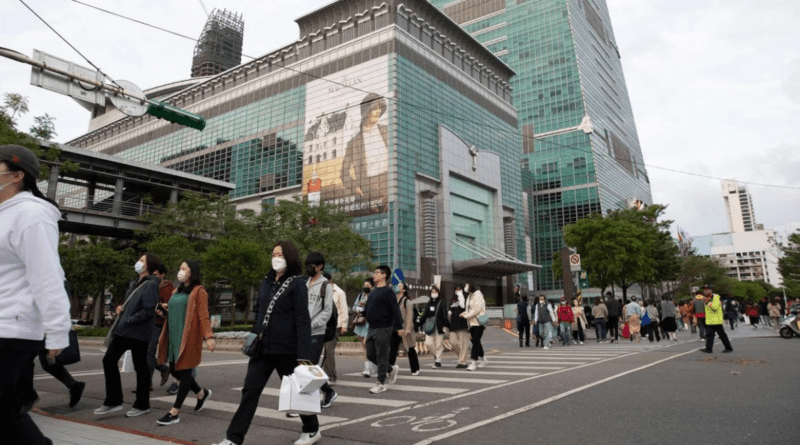Surprising: Taiwan To Hire More Authentic Indian Workers
Prior to a possible push to bring migrant labourers to the island, Taiwan’s labour minister made contentious remarks about the skin tone, religion, and dietary habits of some Indians. As a result, the country has gone into damage control mode.
Labour Minister Hsu Ming-chun stated last week in an interview with Yahoo TV that Taiwan would begin hiring migrant labourers from the northeastern part of India, where people “have similar skin colour and diets as us.”
Moreover, Christians make up the majority of the population there. Additionally, they excel in industries like manufacturing, agriculture, and construction.
Hsu was answering a query regarding an agreement made last month between Taiwan and India to import labourers from the South Asian country to the island, which is grappling with a severe labour shortage and a fast-ageing population.
The most populous nation in the world, India, is renowned for its unique blend of cultures, religions, and ethnic backgrounds, which has occasionally resulted in intergroup violence. Compared to their counterparts elsewhere, Indians from the country’s large northeast region—which shares borders with China, Bangladesh, and Myanmar—may appear more East Asian.
Taiwanese MPs from both the ruling and opposition parties have criticised Hsu’s remarks. The island’s foreign ministry issued “sincere apologies over this situation” on Monday.
Regardless of their ethnic heritage, Taiwan will accept any Indian worker who fits industry demand and meets recruitment requirements.
Hsu indicated “absolutely no discriminatory connotation when she mentioned’similar skin colour’ in the interview,” according to a separate apology from Taiwan’s labour ministry.
Taiwan values the rich and varied culture of India and plans to build on it in the future to advance labour cooperation between the two nations.
The Indian Ministry of External Affairs has been contacted by CNN for a response.
Hsu’s comments coincide with the thawing commercial relations between New Delhi and the island with democratic governance. One of Apple’s main suppliers, Foxconn, is based in Taiwan and has been growing its business in India since the COVID lockdowns in China caused significant supply interruptions.
One nation with a large population is India.
Earlier this year, Liu received the Padma Bhushan, one of India’s highest civilian honours.
Taiwan said in February that it will employ migrant labourers from India in an effort to alleviate its labour shortage, but it withheld further information.
The island’s birth rate is persistently low, much like that of its East Asian neighbours, which include China, Hong Kong, Japan, and South Korea.
Taiwan, which is well-known for manufacturing cutting-edge semiconductors, is expected to turn into a “super-aged” society by 2025, with over 20% of the population being elderly, according to a prediction made by its economic planning agency.
According to the organisation, by 2028, less than two-thirds of the population will be of working age, which is defined as those between the ages of 15 and 64.
However, recruiting a large number of foreign workers could not be simple. Taiwan may “hire as many as 100,000 Indians to work at factories, farms, and hospitals,” according to a November Bloomberg article.
Taiwanese internet users were drawn to a contentious online debate over that report, which referenced anonymous sources, and some racial remarks were exchanged.
According to the labour ministry, Taipei presently permits migrant workers from Thailand, Vietnam, Indonesia, and the Philippines to work there.




